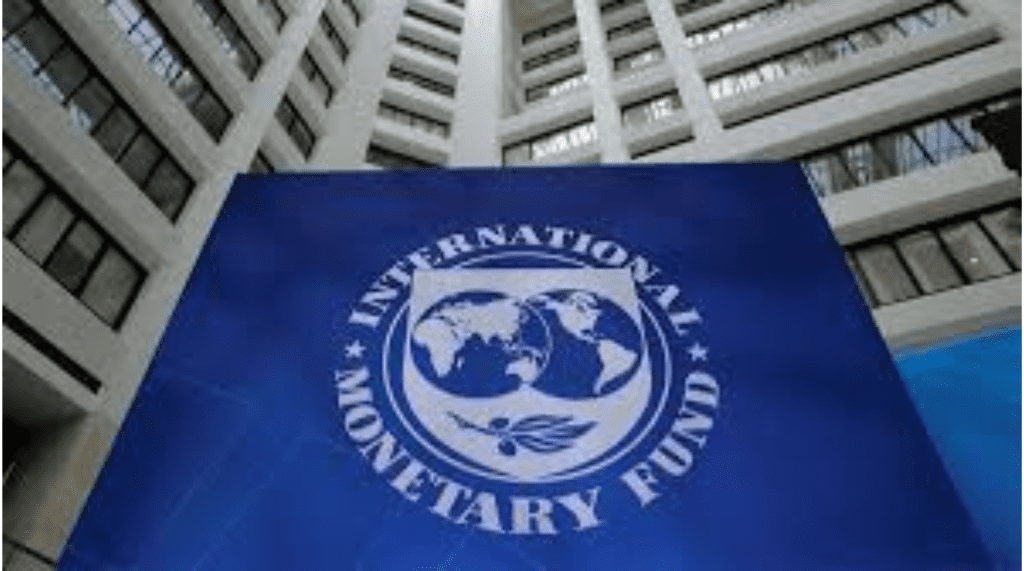The International Monetary Fund (IMF) has announced a projected economic growth rate of 3.6% for Sub-Saharan Africa in 2024, signaling a cautious recovery amidst ongoing global economic headwinds. This projection, part of the IMF’s regional economic outlook report released in Washington, reflects a modest increase from the expected 3.3% growth in 2023. The report highlights a challenging economic landscape, influenced by rising debt, inflationary pressures, and tight financing conditions, all of which have put substantial strain on the region’s economic resilience.
According to Abebe Aemro Selassie, Director of the IMF’s African Department, although many countries in the region are seeing growth, this trend is uneven. Countries dependent on resources, especially oil exporters, are still struggling with limited growth rates, in contrast to some of the region’s fastest-growing economies. The report notes that, while inflation has eased slightly, it remains high in numerous nations, continuing to challenge both policymakers and households.
The IMF also expressed concern over public debt in Sub-Saharan Africa, which has stabilized but remains elevated. Rising debt service costs are restricting resources for critical development needs, underscoring the need for carefully managed reforms. The IMF’s report urges regional policymakers to focus on creating jobs, managing exchange rate pressures, and implementing structural reforms to reduce economic vulnerability and foster sustainable growth.
This forecast provides a cautious outlook for the region, warning that unforeseen factors—such as political instability or a downturn in China’s economy—could undermine growth prospects. While the growth projection signals improvement, the IMF emphasizes the importance of ongoing support from the international community and prudent policy decisions to help bolster the region’s recovery efforts.



















